Bulldozing LTTE cemeteries and urging people to forget the war will only further alienate the Tamils and stall reconciliation
It is also a telling indictment of us as a nation that we do not have any memorials to the civilians who have died in this war, as well as in all the anti-Tamil and anti-Muslim riots that have taken place in this country.
Intro by Visvanathan
(JAFFNA TamilNet) Here is a report of how the Tamil identity is being wiped out of the Tamil Homeland. LTTE’s cemeteries are bulldozed. The Tamils are expected to forget the past and start a new life with the Sinhalese. The Tamils in the Homeland are helpless to prevent this. Even after the brutal World War II with Hitler’s Germany, the allied forces didn’t destroy any of the German cemeteries. No Tamil will ever do that either. It is only the barbaric Sinhalese could commit such inhuman acts. TNA’s hands are full with problems created by the Rajapaksa government. In spite of all that, they should take legal action to stop such criminal acts.
On 19 March 2010, Sri Lanka’s Daily Mirror carried a brief article on its front page startlingly headlined, “Government to wipe out LTTE [Tamil Tiger] landmarks”. The rationale for this, according to the secretary to the ministry of tourism, George Michael, was that the “LTTE and the violence which affected the public during the war should be forgotten”. Fortified with such logic, the government has bulldozed all the LTTE cemeteries in the Wanni and is now proceeding to demolish the homes of Velupillai Prabhakaran and other LTTE leaders. A few weeks back, the Thileepan memorial near the Nallur temple was defaced with the collusion of the Sri Lankan army. While the homes of LTTE leaders will be replaced with hotels and resorts, according to the ministry, we have also witnessed the erection of several state-sponsored “victory monuments” to commemorate the defeat of the LTTE in the north.
I am dismayed by the government’s myopic and misguided understanding of memory, and its brutal disregard for the feelings and emotions of a people who have undergone unimaginable and innumerable horrors for the past three decades. The primary response to the war we endured should not be bulldozings and demolitions and exhortations to forget, but rather to ensure that we never again descend into that hellish abyss. To do this, we need to reflect on the circumstances that led to this war and make sure we do not repeat the mistakes made in previous decades.
In this regard, the UPFA government’s efforts to develop the neglected northern and eastern provinces and limited use of the Tamil language by government officials are steps in the right direction – but much more work needs to be done to offer parity of status to the minorities in this country.
Bulldozing cemeteries and demolishing homes in the name of development and the promotion of tourism will only further alienate the Tamil citizenry and stall any attempts at reconciliation. Such memorials, in particular, play a crucial role in all societies. They function as repositories of memory, suffering and grief, and often help to translate the unthinkable to the thinkable. While the LTTE undoubtedly appropriated these cemeteries and the rituals of mourning associated with the dead to promote and disseminate a violent form of Tamil nationalism, we must also remember that those buried there have fathers and mothers, sisters and brothers, wives and husbands, sons and daughters. Bulldozing and obliterating these cemeteries not only deprives the kin of the dead a place to commune with their lost loved ones, but also displays a callous disregard for both the dead and the living. It is also a telling indictment of us as a nation that we do not have any memorials to the civilians who have died in this war, as well as in all the anti-Tamil and anti-Muslim riots that have taken place in this country.
On 21 February 2010, a group of academics at the University of Jaffna sent a letter to the director general of the department of archaeology appealing for his intercession in thwarting the further destruction of the heritage of Jaffna. They also alerted him to a variety of historic buildings, including temples, schools and presses, in Jaffna earmarked for demolition under the road development authority’s current programme of road expansion in the north.
This letter is reflective of broader debates carried out in Jaffna – in Tamil newspapers such as the Uthayan, Thinakkural and Valampuri – concerning the need to secure the cultural heritage of Jaffna in the face of the postwar development of the north. Personal appeals have also been made by the vice-chancellor at the University of Jaffna and a delegation from the All Ceylon Hindu Congress. Sadly, all appeals seem to have fallen on deaf ears: no reply has yet come from the director general, nor any invitation for further consultations with the governor or project funders.
The new government’s first step towards reconciliation should be the Sri Lanka must listen to its people of the north in the formulation of a consensual and viable development plan for this war-torn region. And that plan must secure the integrity of its cultural and emotional heart.



















 London
London
 Oregon
Oregon
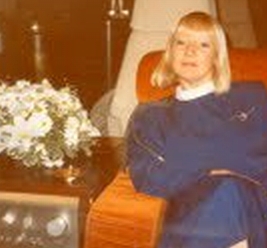




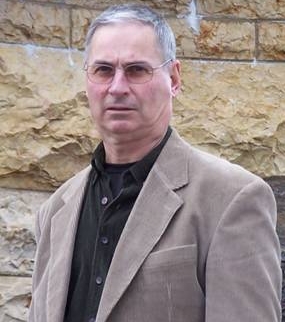


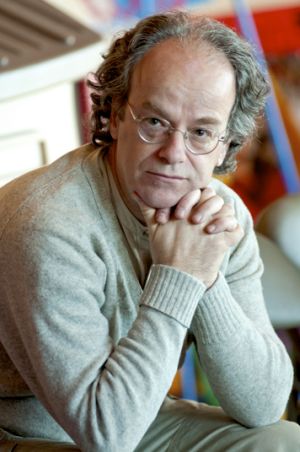
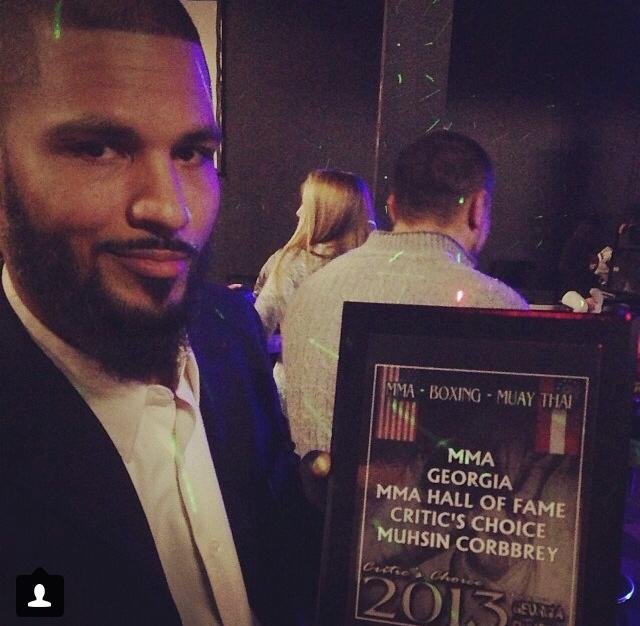


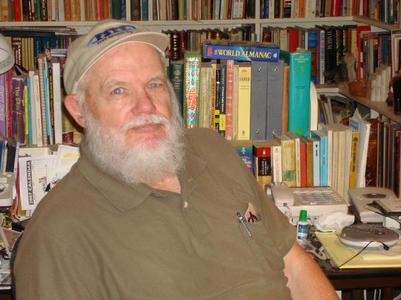

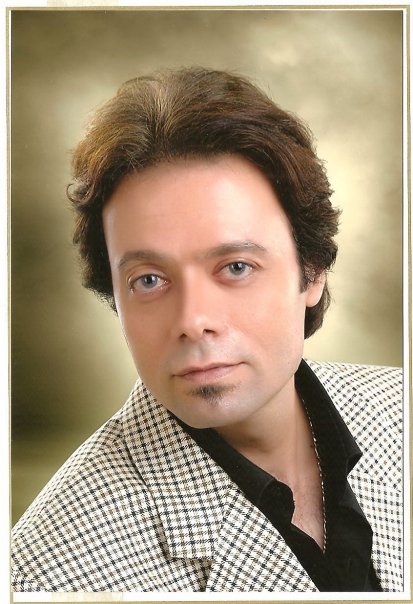
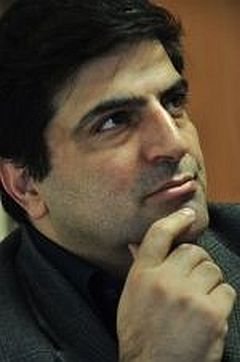





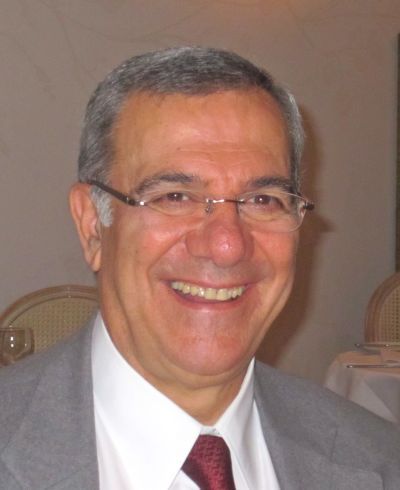





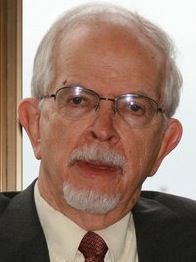

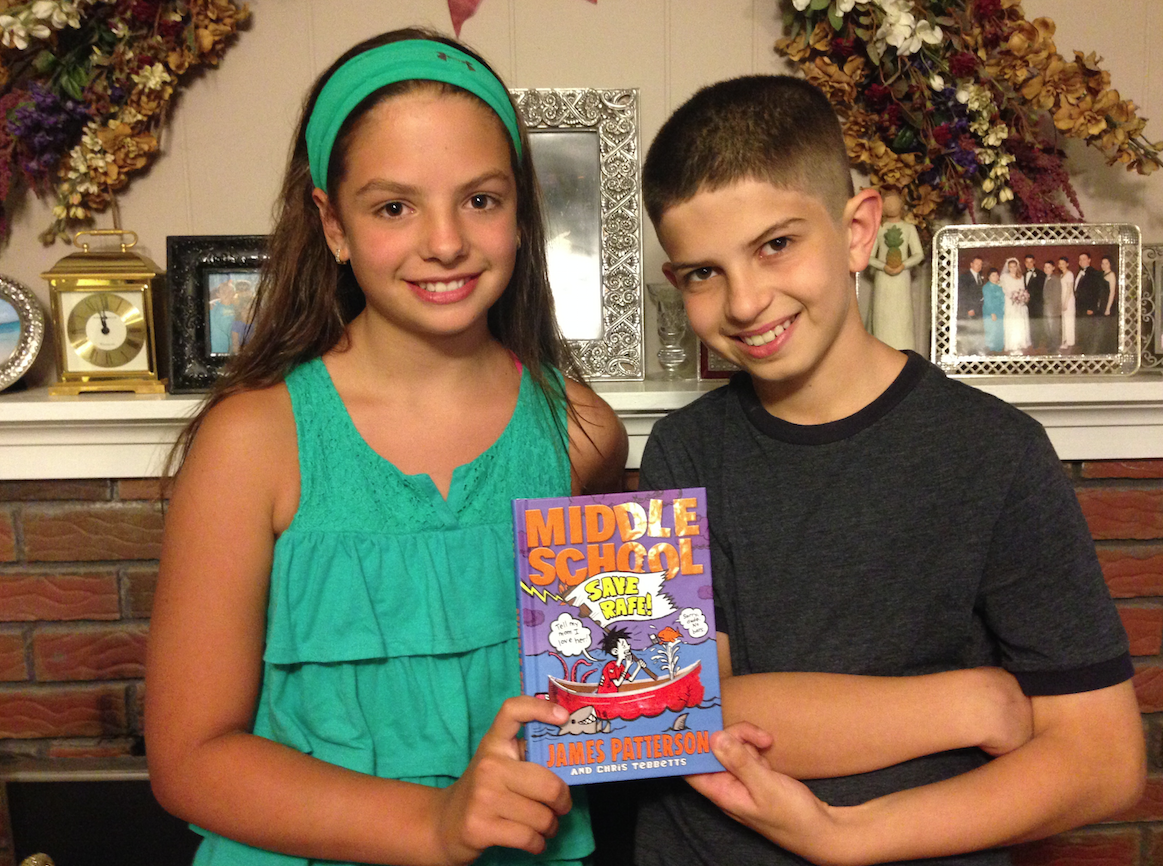







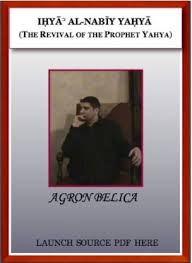


Leave a Reply
You must be logged in to post a comment.